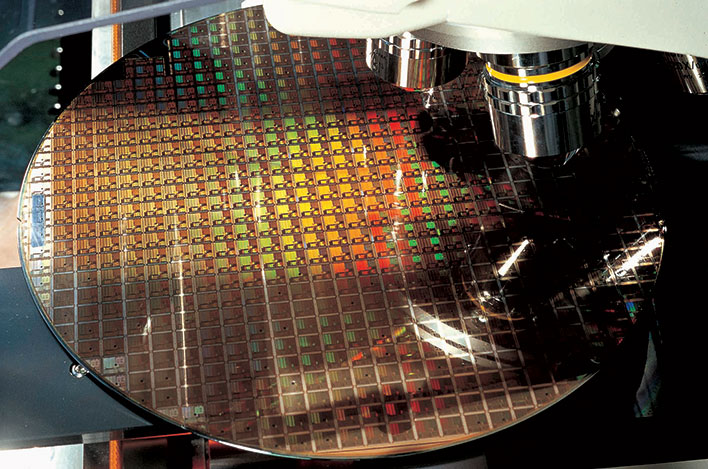Apple Reportedly Hogging TSMC 5nm Fab Capacity For 2021 To Fuel iPhone And Mac Production

Reports are surfacing once again of Apple having booked up the bulk of 5-namometer chip production from Taiwan Semiconductor Manufacturing Company (TSMC), leaving not a lot of capacity for other customers who might be interested in the semiconductor fab's 5nm node. Between Apple's iPhone lineup and its new Mac systems, there is plenty of production to keep TSMC busy.
Bear in mind that Apple is on a two-year transition plan to wean itself off of Intel's processors, in favor of its own custom silicon across its entire Mac lineup. We have already seen this play out with the introduction of its new M1 chip, which powers a recently refreshed MacBook Air, MacBook Pro 13, and Mac mini (check out our Mac mini 2020 review for the a look at the M1 in action).
The M1 is actually the first computer chip built on a 5nm process, combining four high-performance Firestorm cores with 12MB of L2 cache, with four energy-efficient Icestorm cores with 4MB of L2 cache. Apple apparently has more plans for its M1 system-on-chip (SoC), as well as future iterations of its own Apple Silicon designs.
So what does that mean for TSMC's capacity? According to cnBeta, Apple is accounting for more than 80 percent of the fab's 5nm production, leaving less than 20 percent for other customers. Earlier this year, it was actually reported that Apple had booked up the entire production line. So either one of the reports is not completely accurate, or TSMC has managed to kick things up a notch.
This latest report also claims that TSMC's Fab 18 plant will begin mass production of chips in the first quarter of 2021, with all 5nm production lines in place. Those lines can apparently churn out 90,000 wafers per month.
Outside of Apple, 5nm chips will also go to Broadcom, MediaTek, Qualcomm, and others. Also keep in mind that 5nm in this context includes TSMC's enhanced 5nm nodes as well. It's not clear what specific ones Apple's 2021 hardware releases will use, but regardless, the company appears to be on solid footing as far as supply goes.

